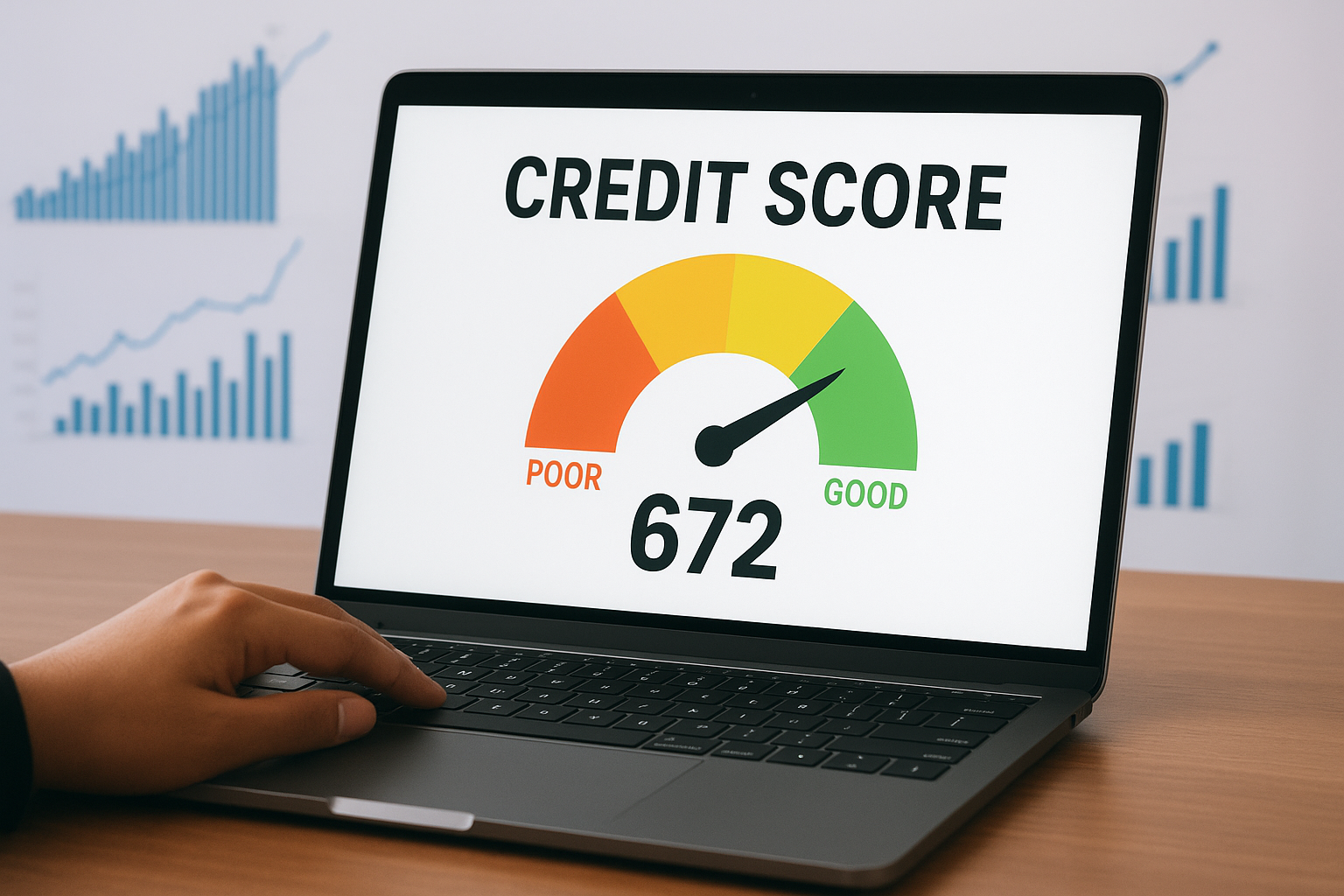Credit repair tips are essential for anyone trying to recover from past financial mistakes, rebuild their creditworthiness, and take control of their financial future. A low credit score can impact everything from loan approvals and interest rates to rental applications and even job opportunities. The good news is that improving your score isn’t impossible—it just requires consistency, the right strategies, and a bit of patience.
In this in-depth guide, we’ll walk through 10 proven credit repair tips that can help you repair your credit effectively. Whether you’re just starting out or bouncing back from financial setbacks, these strategies can help put you on the path to financial stability.
Table of Contents
ToggleH2: 1. Review Your Credit Report Regularly
One of the most important credit repair tips is to check your credit report frequently. Errors such as incorrect balances, duplicate accounts, or fraudulent activity can drag your score down unnecessarily.
-
Get free annual reports from AnnualCreditReport.com (official source).
-
Dispute inaccuracies with the credit bureaus.
-
Monitor changes over time to track your progress.
💡 Internal Link Suggestion: Understanding the Basics of Debt and Credit Scores
H2: 2. Pay Your Bills on Time
Late payments are one of the largest factors influencing your credit score. Payment history accounts for 35% of your score, so consistency here is critical.
-
Set up automatic payments.
-
Use calendar reminders for due dates.
-
Ask lenders if they offer grace periods.
H2: 3. Reduce Your Credit Utilization Ratio
Another powerful credit repair tip is lowering your credit utilization ratio—the percentage of available credit you’re using. Ideally, keep it under 30%.
-
Pay down balances more than once a month.
-
Ask for a higher credit limit (but don’t overspend).
-
Spread expenses across multiple cards.
H2: 4. Avoid Closing Old Accounts
The length of your credit history matters. Closing old accounts shortens your credit history and can hurt your score. Instead:
-
Keep older accounts open, even if unused.
-
Use them occasionally to keep them active.
-
Avoid unnecessary new accounts.
H2: 5. Dispute Errors Quickly
Incorrect information can remain on your credit report for years if not challenged. File disputes directly with the credit bureaus (Equifax, Experian, TransUnion). Provide:
-
Documentation (statements, payment receipts).
-
Written explanations.
-
Follow-ups if errors are not resolved.
💡 External DoFollow Link: FTC’s Guide on Credit Repair
H2: 6. Negotiate with Creditors
If you’re behind on payments, reach out to your creditors directly. Many are open to negotiating repayment plans, waiving fees, or even removing negative marks if you pay off a balance.
-
Try “pay for delete” agreements (get it in writing).
-
Request lower interest rates.
-
Consolidate debts if possible.
H2: 7. Use a Secured Credit Card
Secured cards are one of the most effective credit repair tips for rebuilding credit. They require a deposit, but activity is reported to credit bureaus, allowing you to build positive history.
-
Choose a card with no hidden fees.
-
Make small purchases and pay in full monthly.
-
Graduate to unsecured cards after improvement.
💡 Internal Link Suggestion: Beginner’s Guide to Secured Credit Cards
H2: 8. Consider a Credit-Builder Loan
Many credit unions and community banks offer credit-builder loans. The loan amount is held in a savings account while you make payments, building credit history.
-
Affordable monthly payments.
-
Funds released after completion.
-
Positive history added to your report.
H2: 9. Avoid New Hard Inquiries
Each new application for credit results in a hard inquiry, which can temporarily lower your score.
-
Only apply when necessary.
-
Shop for loans (like auto or mortgage) within a short window—these count as one inquiry.
-
Use prequalification tools when available.
H2: 10. Stay Patient and Consistent
Credit repair is a marathon, not a sprint. Most negative marks fall off within 7 years, but active, positive habits accelerate improvement.
-
Stick to budgeting.
-
Monitor your progress quarterly.
-
Celebrate small improvements.
H2: Common Myths About Credit Repair
-
Myth: Paying off debt instantly fixes your score.
-
Fact: It helps, but history takes time to rebuild.
-
Myth: You need to hire expensive credit repair companies.
-
Fact: Most effective repairs can be done yourself for free.
-
Myth: Checking your credit lowers your score.
-
Fact: Soft checks (like reviewing your own report) do not hurt your score.
H2: Final Thoughts on Credit Repair Tips
Improving your credit may feel overwhelming, but by applying these 10 credit repair tips consistently, you’ll see steady progress. From paying bills on time and lowering utilization to disputing errors and using secured cards, each action strengthens your financial future.
Stay patient, stay consistent, and remember: rebuilding credit is about creating long-term, responsible financial habits.




